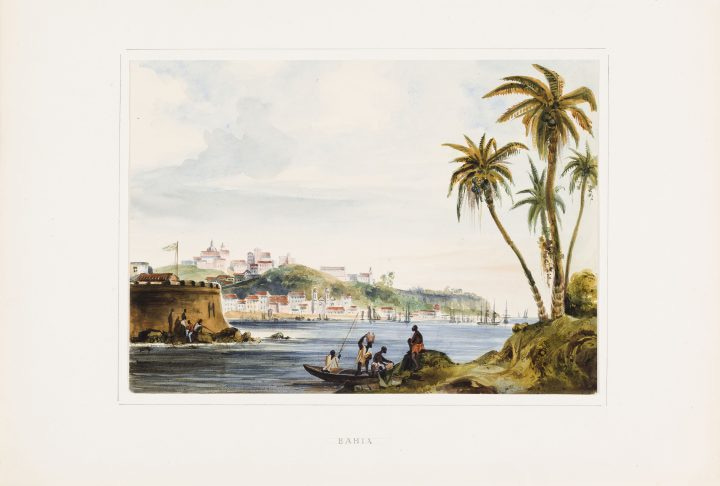The Greatest Slave Revolt in Brazil
Taking place 190 years ago, the Malê Revolt in Bahia, led by African Muslim slaves, shook Brazil's foundations and echoed global fears of a new Haiti.
On n January 24, 1835, rumors that Africans were planning a revolt for early the following day started circulating in Salvador, the capital of the then province of Bahia, in Brazil. The news quickly reached the city’s enslaved and free Black people, then the majority of the city’s population. As slave owners panicked, the police quickly responded to the threat by frantically searching the houses of African-born formerly enslaved men and women, whom they suspected of participating in the plot.
But the police couldn’t stop the conspiracy right away. As the hunt for suspects continued, groups of Africans armed with swords, spears, pistols, and other weapons took to the streets of Salvador, which quickly became a battleground. Led by a group of Yoruba-speaking enslaved and formerly enslaved Muslim men, the insurrection was the largest urban slave uprising in the Americas. It became known as the Malê Revolt, after the term used in Bahia to refer to African-born Yoruba speakers and followers of Islam.
To read the rest of this piece (for free) go to Africa is a Country
The piece was also published in Portuguese also on Africa is a Country.
Want to know even more how this revolt carry many elements in common with other slave rebellions in other parts of the Americas? Check my new book Humans in Shackles: An Atlantic History of Slavery that has an entire chapter on slave rebellions.




